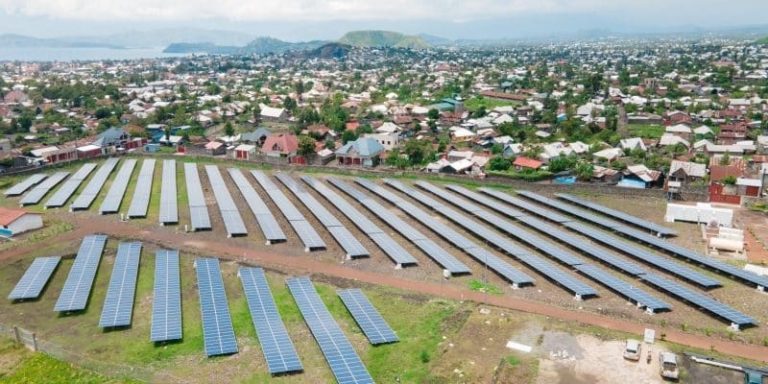
Jonathan Shaw and his co-founder, Archip Lobo, launched Nuru to address the huge electricity gap in Democratic Republic of Congo (DRC).
Nuru is a renewable and environment company that specializes in developing mini-grid and solar-hybrid systems.
Jonathan got his business idea by observation of the high level of energy starvation in DRC
Register for Tekedia Mini-MBA edition 18 (Sep 15 – Dec 6, 2025) today for early bird discounts. Do annual for access to Blucera.com.
Tekedia AI in Business Masterclass opens registrations.
Join Tekedia Capital Syndicate and co-invest in great global startups.
Register for Tekedia AI Lab: From Technical Design to Deployment.
” Only about 10% of Congo’s 100 million inhabitants have access to electricity.” Bloomberg
This huge energy gap inspired Prof. Shaw to launch Nuru with his PhD Research Assistant, Archip Lobo Ngumba
Nuru was founded in 2015 as Kivu Green Energy and built Congo’s first mini-grid in 2017. In 2020, it opened a 1.3-megawatt facility in the city of Goma, making it the largest mini-grid in sub-Saharan Africa with no connection to a national network.
Nuru operates a B2B business model and a metro-grid electrification model. Its solar panels are backed up by Tesla Inc. batteries and diesel. Its mini-grids provide power to urban communities. This allows the communities to leapfrog the use of power generated with fossil fuels and primarily use renewable sources in a region where security threats make it difficult to attract investment.
The smart execution of its metro-grid electrification model has proved viable and enabled the company to develop more mini-grids across different regions; attract mass adoption; and raise a total of $49.3 million in 6 funding rounds
Nuru won the backing of the International Finance Corp. and the UK government-backed Renewable Energy Performance Platform, among others, in its recent $40 million Series B round.
The company is using the funds to boost energy generation from its four plants by about 10-fold to 13.7 megawatts at peak capacity by adding three more larger-scale facilities, namely Goma, Kindu, and Bunia.
By combining solar power and batteries, the new transformational projects will build upon Nuru’s existing operating assets in four other cities in eastern DRC, as it pushes to provide power to 5 million people by 2024.



